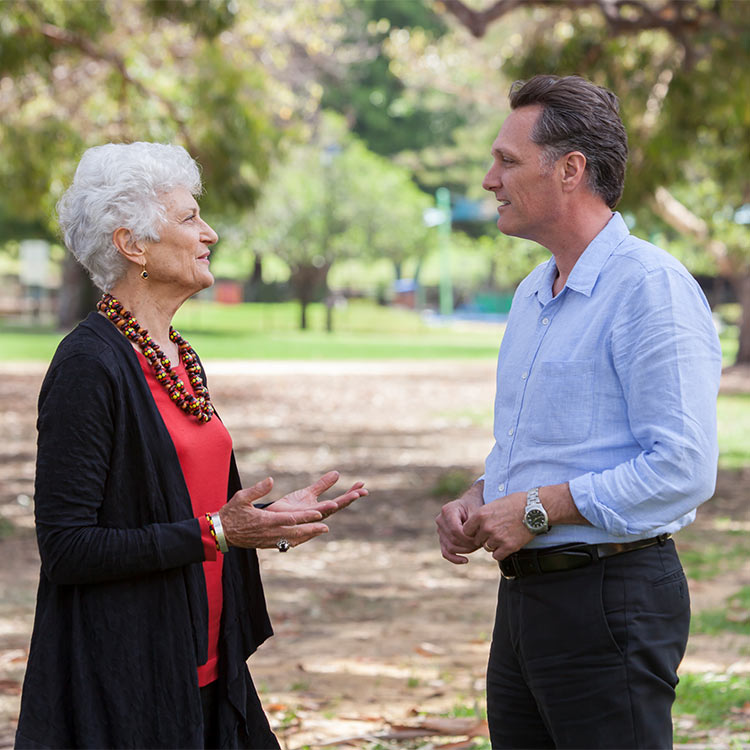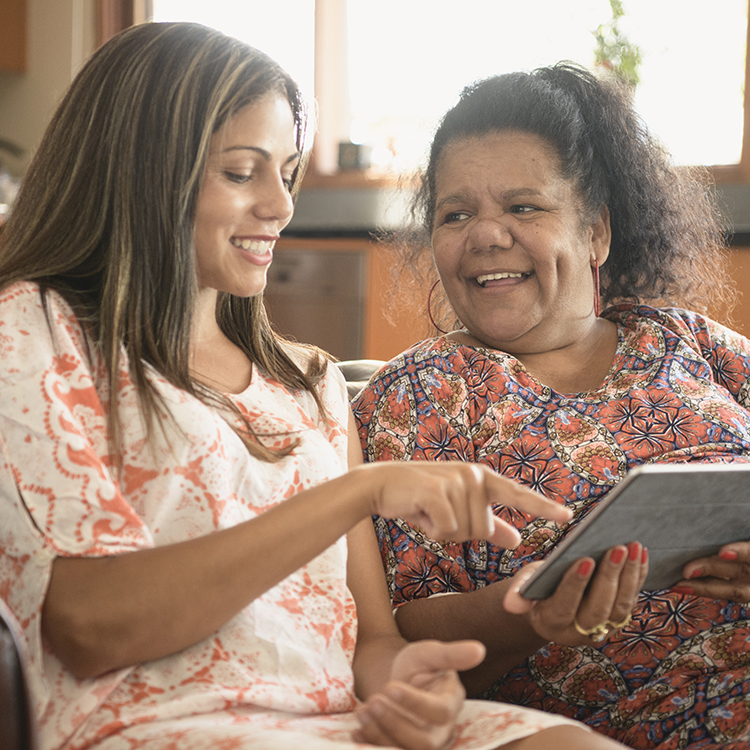Search
Research
The Association Between Obesity and COVID-19 Severity in Children Differed Between SARS-CoV-2 Variants: A Multicountry Hospital-based Observational StudyObesity was a risk factor for severe COVID-19 in children during early outbreaks of ancestral SARS-CoV-2 and the Delta variant. However, the relationship between obesity and COVID-19 severity during the Omicron wave remains unclear.

The Kids Research Institute Australia position on schools and COVID-19 in Western Australia

A letter to the WA public from Jonathan Carapetis and Fiona Stanley.

Engaging the community in COVID-19 rapid research

The research that is reducing the impact on families done by The Kids Research Institute Australia.

Ask our experts a question about the COVID-19 pandemic.

A number of organisations have created COVID-19 resources specifically developed for Aboriginal and Torres Strait Islander people.
Research
Quantifying the impact of contact tracing interview prioritisation strategies on disease transmission: A modelling studyContact tracing is an important public health measure used to reduce transmission of infectious diseases. Contact tracers typically conduct telephone interviews with cases to identify contacts and direct them to quarantine, with the aim of preventing onward transmission. However, in situations where caseloads exceed the capacity of the public health system, timely interviews may not be feasible for all cases. Here we present a modelling framework for assessing the impact of different case interview prioritisation strategies on disease transmission.
Research
‘I'm glad my baby has weaned so I don't need to make that decision.’ Understanding breastfeeding-related COVID-19 vaccine narratives on social mediaDuring the coronavirus disease 2019 (COVID-19) pandemic, the infodemic has been highly visible. Vaccine-related advice and evidence-based guidelines for breastfeeding women have lagged, and, at times have been contradictory and confusing. Breastfeeding is an important public health issue with long-lasting health benefits for infants and mothers.
Research
A modular approach to forecasting COVID-19 hospital bed occupancyMonitoring the number of COVID-19 patients in hospital beds was a critical component of Australia's real-time surveillance strategy for the disease. From 2021 to 2023, we produced short-term forecasts of bed occupancy to support public health decision-making.
